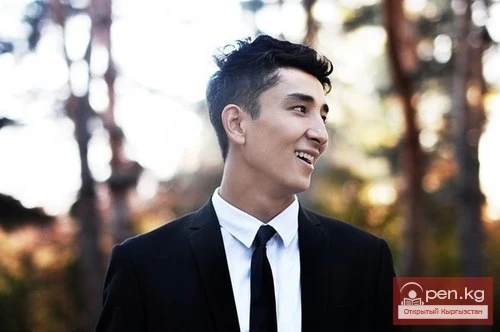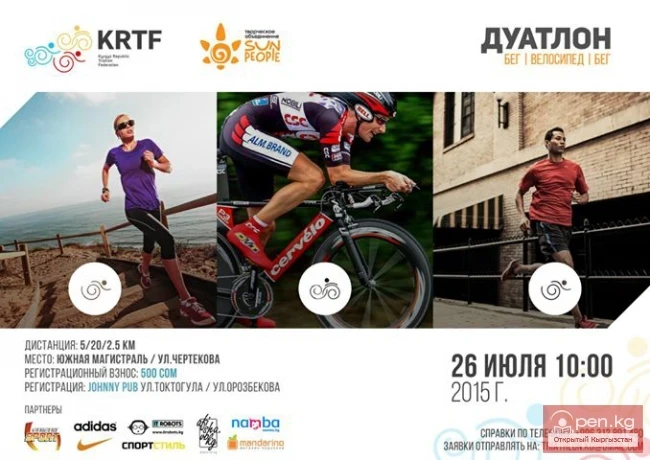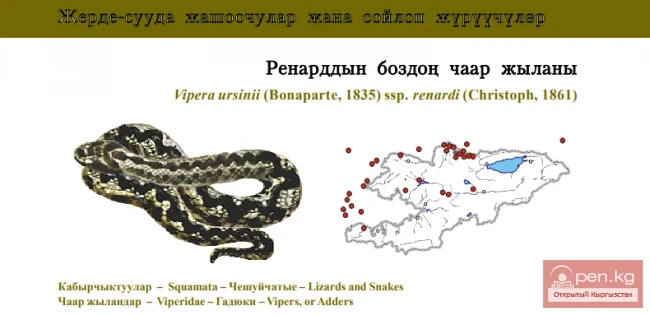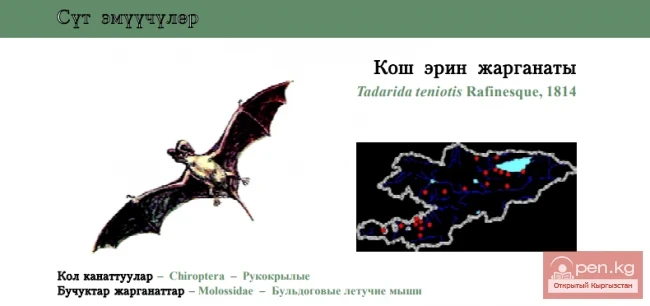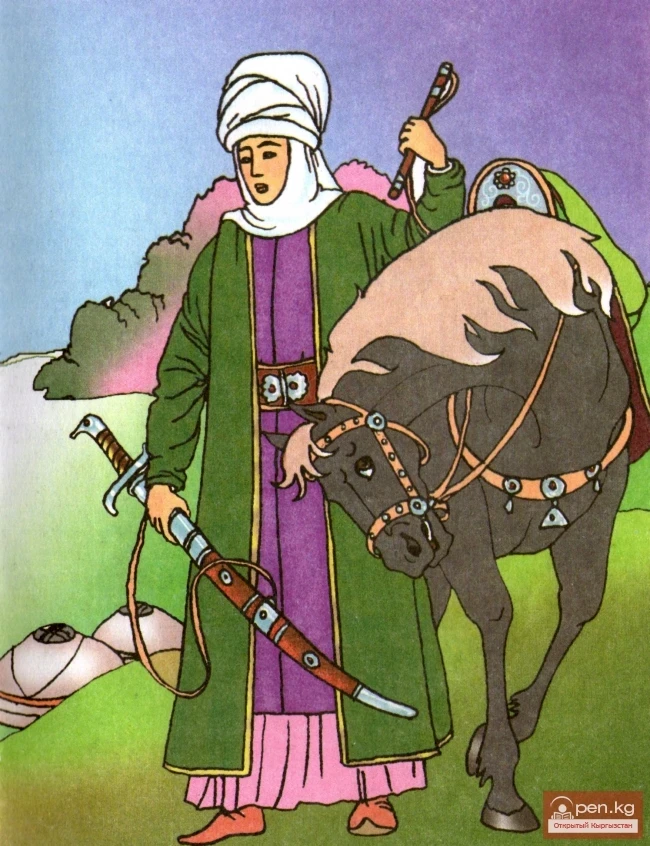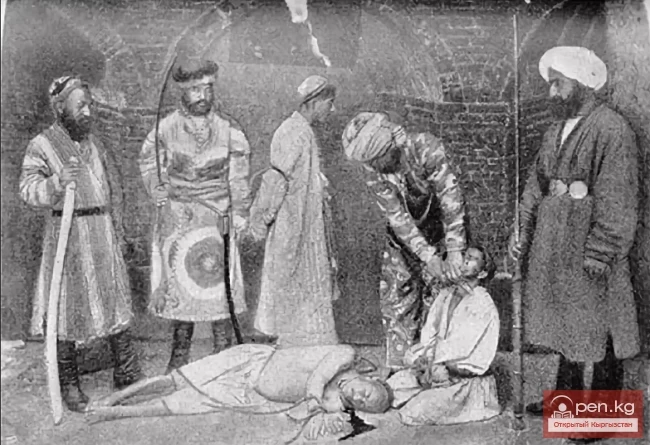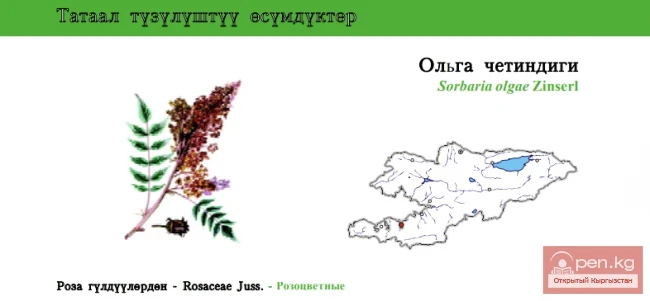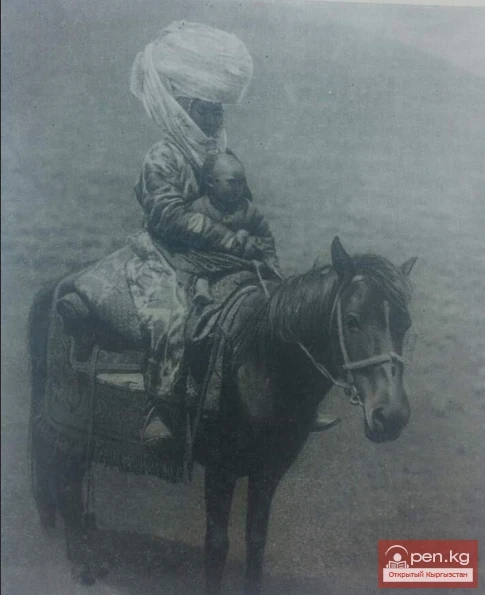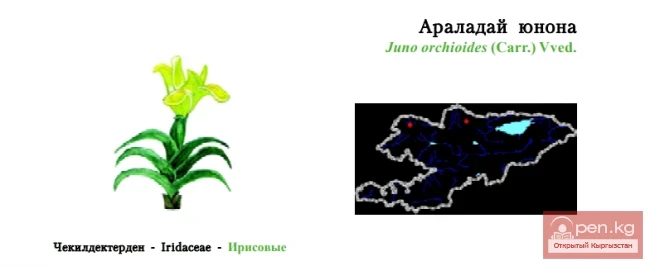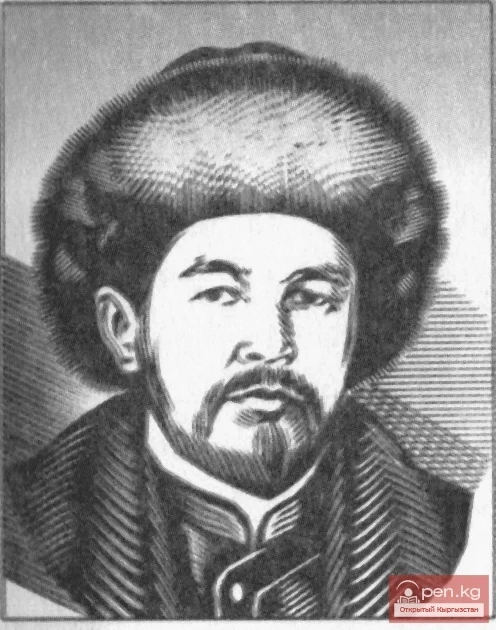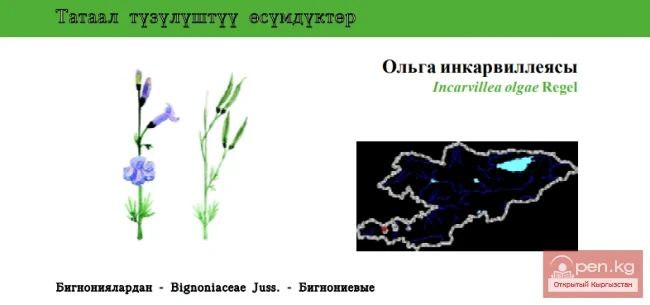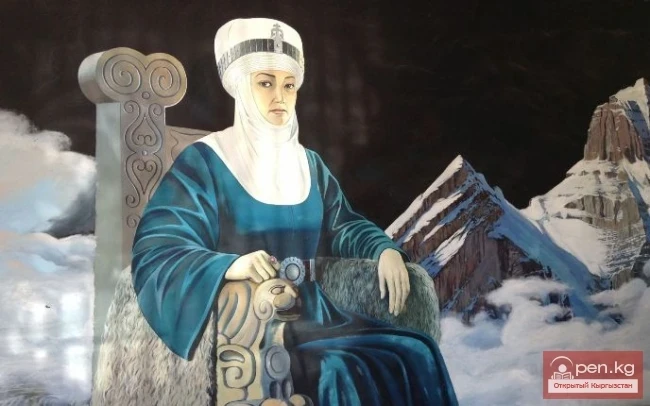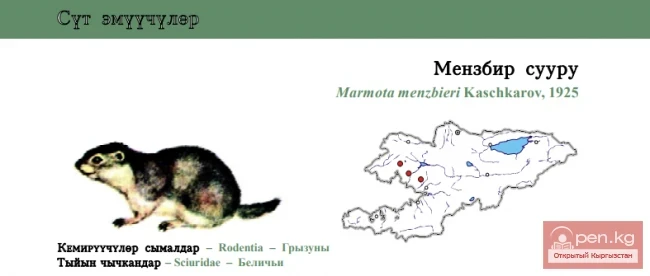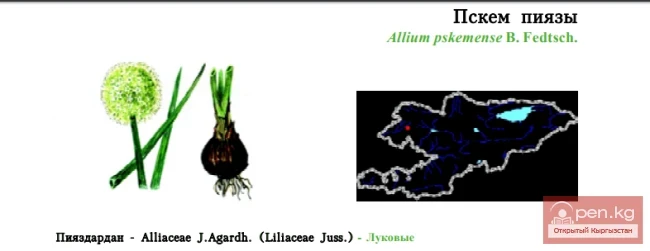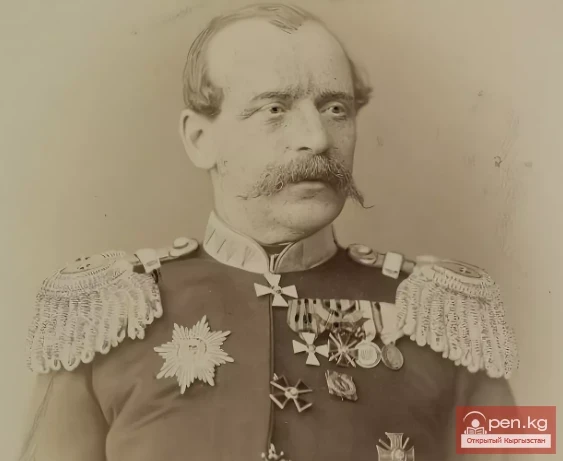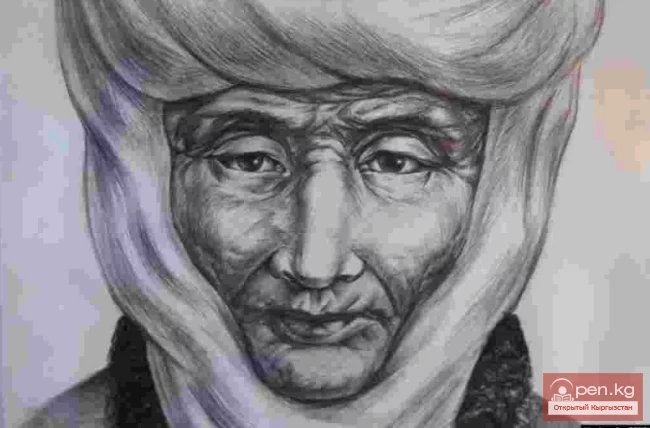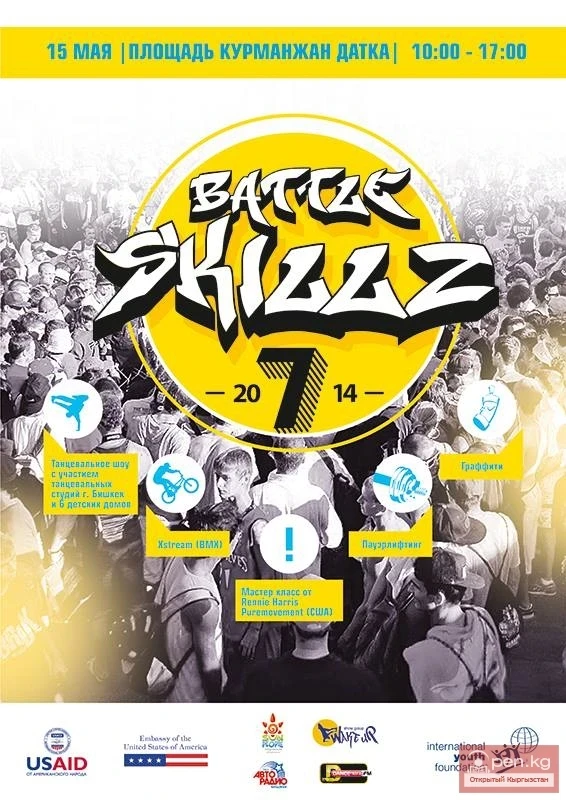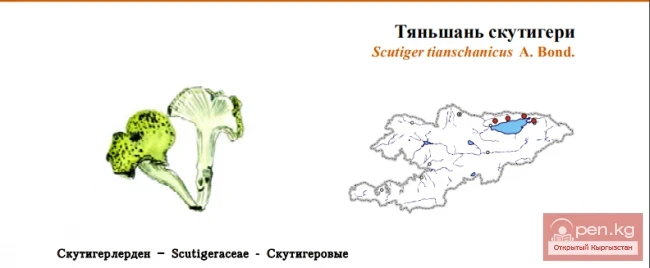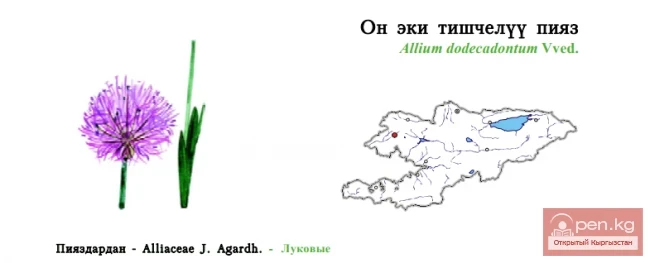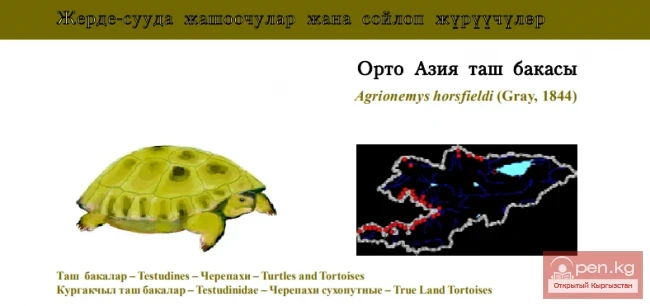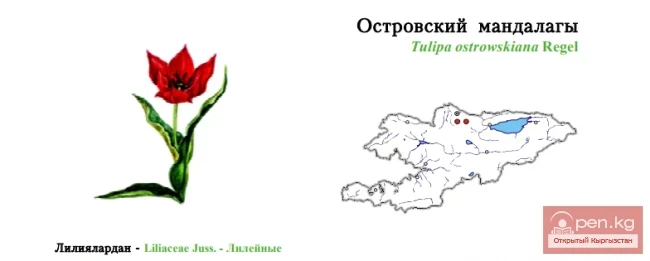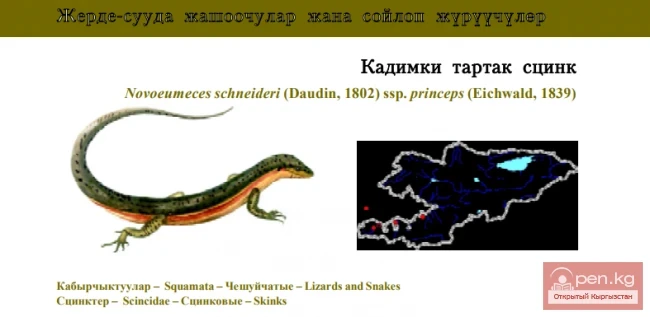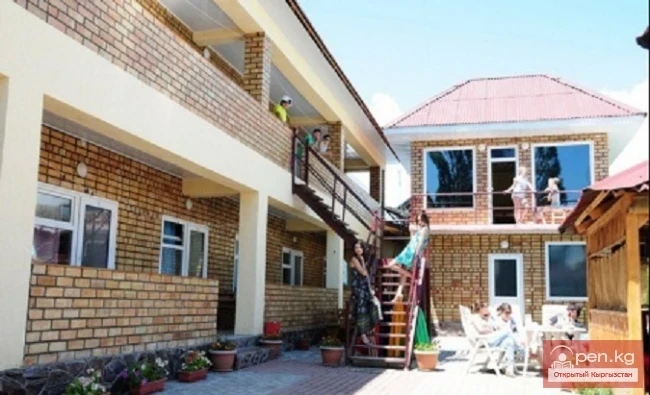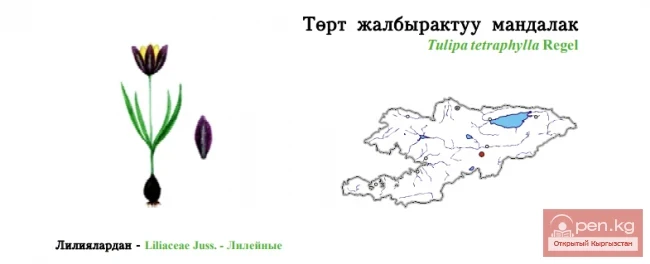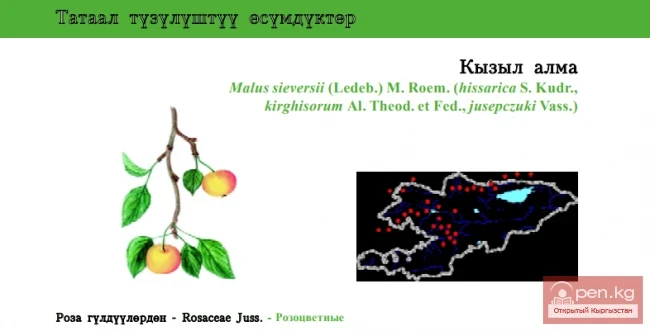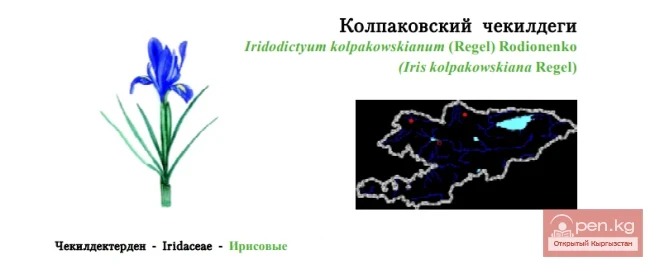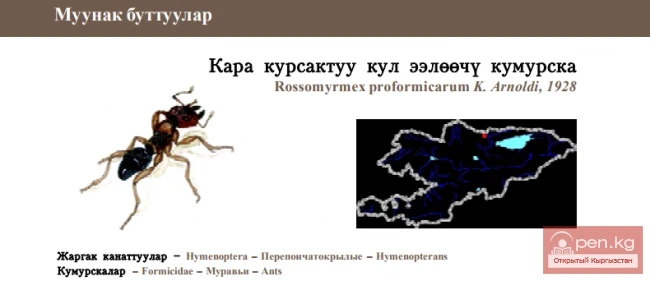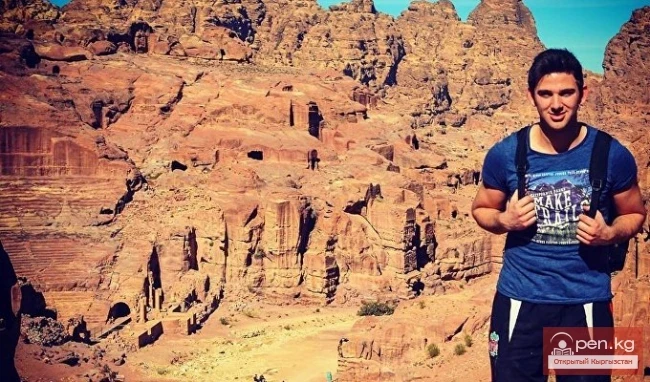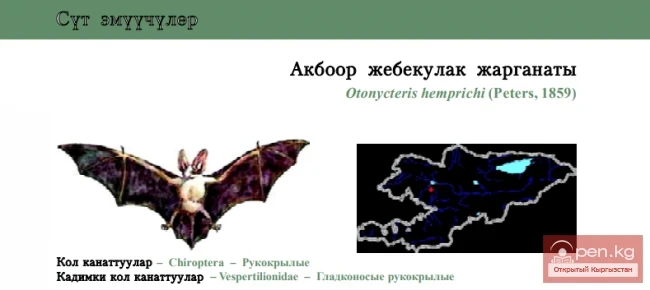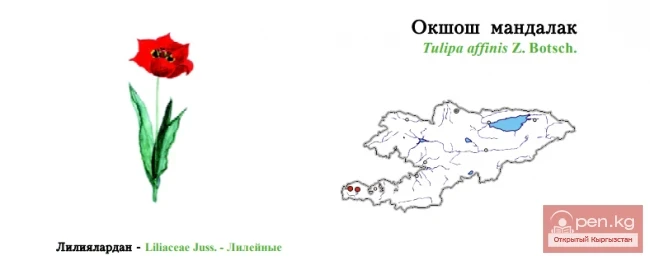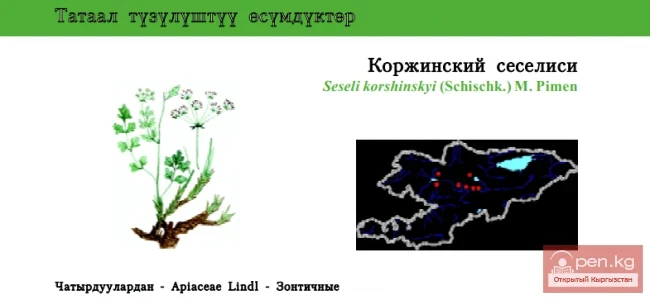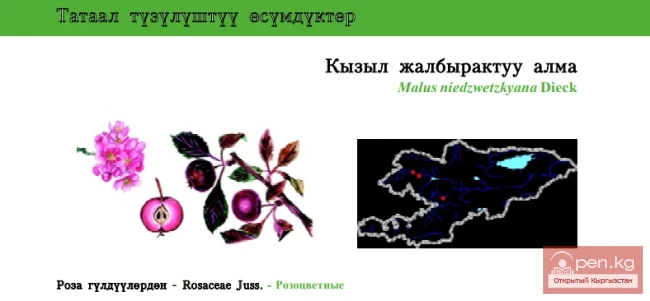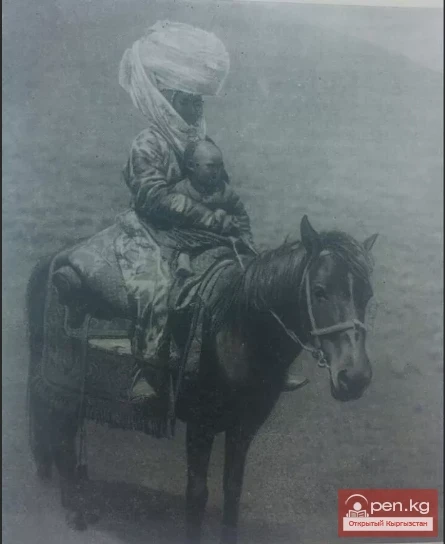
Description of the Mother of the People Alaya by Tageev
Kurmandzhan, receiving the "military correspondent" over the years, presents herself in two of her incarnations: first, as a powerful and mighty datka in the glory of her fame, and then as a grief-stricken old woman mourning the untimely death of her beloved son. With meticulousness worthy of a professional historian, Tageev describes these faces of the Mother of the People Alaya in minute detail.
For example, in Chapter IV of the collection, in an essay titled "Olga's Meadow. Visiting Queen Alaya. Kyrgyz Tamasha," the author recounts the story of how Kurmandzhan received the title of datka, and then delves into the events of 1876, when the Mountain Queen, attempting to flee to Kashgar, was captured by a detachment of Russian troops under the command of Wittgenstein and brought for negotiations with General Skobeleva. As is known, by that time the Mother of the People had already taken her famous oath, signifying a treaty of eternal friendship with Russia.
Preliminarily, B. Tageev points out the circumstances of such a metamorphosis of the datka, who was once irreconcilable towards the "infidels." This account is particularly interesting as it is told from the perspective of an eyewitness: the author himself was a participant in the Alay campaign of D. Skobeleva. Boris Leonidovich was assigned to a detachment under the command of Major Ionov. As is known, this unit pursued the rebellious Abdullabek, "but he skillfully evaded them like a mountain goat..., luring them deep into the Zaalai ridge, where the entire detachment nearly perished near Lake Kara-Kul during a snowstorm, cut off from the main forces, without provisions or fodder. Thus, Abdullabek, with his brothers Mahmud-bek and Hasan-bek and most of his gang, escaped from the pursuit of the Russians through Pamir and Afghanistan, instructing the remaining batyrs not to surrender to the infidels."
After the rebels disappeared, the author continues, Ionov's unit moved towards the Alay Valley, where Kurmandzhan, who had attempted to flee to Kashgar, was intercepted by Skobeleva's units. Accompanying the captive to the general's headquarters was B. Tageev. Here is how he describes the moment of confusion of the Alay queen: "Entering the yurt where the captive was located, I saw a short, though not young, but beautiful Kyrgyz woman sitting on the carpet in an Asian manner, dressed in a brocade robe trimmed with some fur - it was the datka. She sat sadly, her head bowed. In front of her was a tray with pistachios, raisins, and other local delicacies. Queen Alaya was evidently deep in thought about the metamorphosis that was happening to her, completely immersed in her grief. She did not immediately notice my arrival and only after a few seconds raised her intelligent expressive eyes to me and slightly flinched. I told her through an interpreter that I was assigned to accompany her to Gulchi, where the general was now located.
- I am now a slave of the Russians, who can do whatever they want with me; such is the will of Allah, - she replied through the interpreter, and large tears sparkled in the narrow slits of her eyes.
I told her that we were leaving tomorrow.
- Hop, hop, taksyr, - she said to me and nodded her head in agreement.
I left the yurt, deeply impressed by the unrelenting sorrow of the queen, and headed back to my place."
After the famous audience with General Skobeleva, the datka settled in Yaga-chart. The author further adds: "... continuing to exert unlimited influence in Alay, and her sons were appointed governors of the Alay districts, bringing enormous benefits to our government." From that moment on, Boris Leonidovich shares with the reader his impressions of how he saw Kurmandzhan and her close ones after reconciling with Russia. He initially writes about the changes that occurred with the former irreconcilable opponent of the "infidels," Mahmud-bek: "From the side of the aul, a group of horsemen approached us with heads wrapped in large white turbans.
Their colorful robes, brightly illuminated by the setting sun, beautifully stood out against the harsh nature of the mountainous landscape. Ahead, on a magnificent bay stallion, rode a stout, well-fed Kyrgyz with a satisfied, tanned, and good-natured face framed by a small black beard. His entire figure expressed complete contentment with life. He was dressed in an outfit that distinguished itself from the other horsemen by its simplicity and elegance. A white beshmet, cinched at the waist with the widest silver belt, decorated with engraving and blackening, a snow-white turban; an Asian sword with a silver handle shone beautifully in the sun. His chest was adorned with medals, giving his outfit an even more majestic appearance. Following him were three horsemen armed with mulituks and sabers.
A few steps before us, all the locals dismounted and stood in a respectful pose, folding their hands on their bellies, as is customary among them when expressing special respect."
After Tageev was escorted to Kurmandzhan's headquarters, he found her in good health and excellent spirits: "Mahmud-bek lifted the door of the yurt, we entered, and I saw the datka. She was sitting in an Asian manner on the carpet, with her legs tucked under her. She was already an older Kyrgyz woman with a heavily wrinkled face, with small, tearful eyes that kindly smiled at us. She gave some order to her son, and in her gestures, I sensed a habit of commanding. She was dressed in a brocade kaftan trimmed with fur, and her head was wrapped in a large gauzy turban. We took turns approaching the seated old woman and shook her hand. She recognized P. (a companion of B. Tageev - Note by V.P.) and was very pleased to see him.
- And Skobeleva is dead, - she said, her face expressing regret, and she shook her head.
- A long time ago, - said P.
- And will Ionov come to me? - she asked.
- Yes, I think so, - replied the captain, - the colonel often remembers you and will probably not pass by your auls.
- Yes, he is a good man, - said the datka, - and his wife and children are good, may Allah grant them happiness. And now are you going to Pamir? - asked the datka.
- Yes, to Pamir.
- It is bad there, there is no fodder for the horses, nor enough sheep, nothing at all, - she said, - the Kyrgyz live there in poverty, it will be hard for you; I have ordered Mahmud and Mirza-Payas to deliver everything immediately. ... So, this datka, ... is an ordinary-looking Kyrgyz woman, it is even hard to imagine that this old woman could once play such an important role."
The day after the audience, the guests of the Alay queen awaited a grand feast: "In the morning, I was awakened by the booming of huge trumpets, reminiscent of the biblical ones with which, according to legend, the Jews circled the city of Jericho, and it is no wonder that if the walls of the city were destroyed by the multitude of such trumpets, because from two of them my yurt shook so much that I had to plug my ears to prevent my eardrums from bursting. These trumpets summoned the Kyrgyz to the tamasha organized in honor of the Russian guests. The air was filled with the aroma of pilaf. Horsemen gathered in the valley, ready to start the bayga (a type of horse race). Finally, a slaughtered kid was thrown before the crowd, and one of the horsemen skillfully caught it and galloped away. Everyone rushed after him, pursuing the common goal of seizing the kid and bringing it to us. The datka sat with us on spread-out mats and indifferently watched the rushing crowd of horsemen. I followed the course of the game with curiosity. Here, they are catching up with the horseman with the prize, surrounding him!... The whips cracked in the air, and for a moment everything became a mass and was covered with a thick cloud of dust. But here again, a horseman bursts out of the crowd with the stolen kid, and suddenly he dashed off to the side, leaving behind a wildly shouting and rushing crowd of horsemen. A terrible noise arose - the "bayga" came to life. The kid, completely torn apart, passed from hand to hand; finally, one of the horsemen managed to gallop far away with the prize, and he, making a circle, galloped up to our carpet and threw the kid at our feet, from which only scraps remained.
The crowd greeted the victor with shouts, and P. handed him a prize robe and a five-ruble note. The tamasha lasted almost until dusk, a lot of kumys was drunk, everyone ate their fill of pilaf, and cheerful faces were visible everywhere," describes the celebration B. Tageev.
B. L. Tageev, immortalizing the image of Kurmandzhan datka in literature
